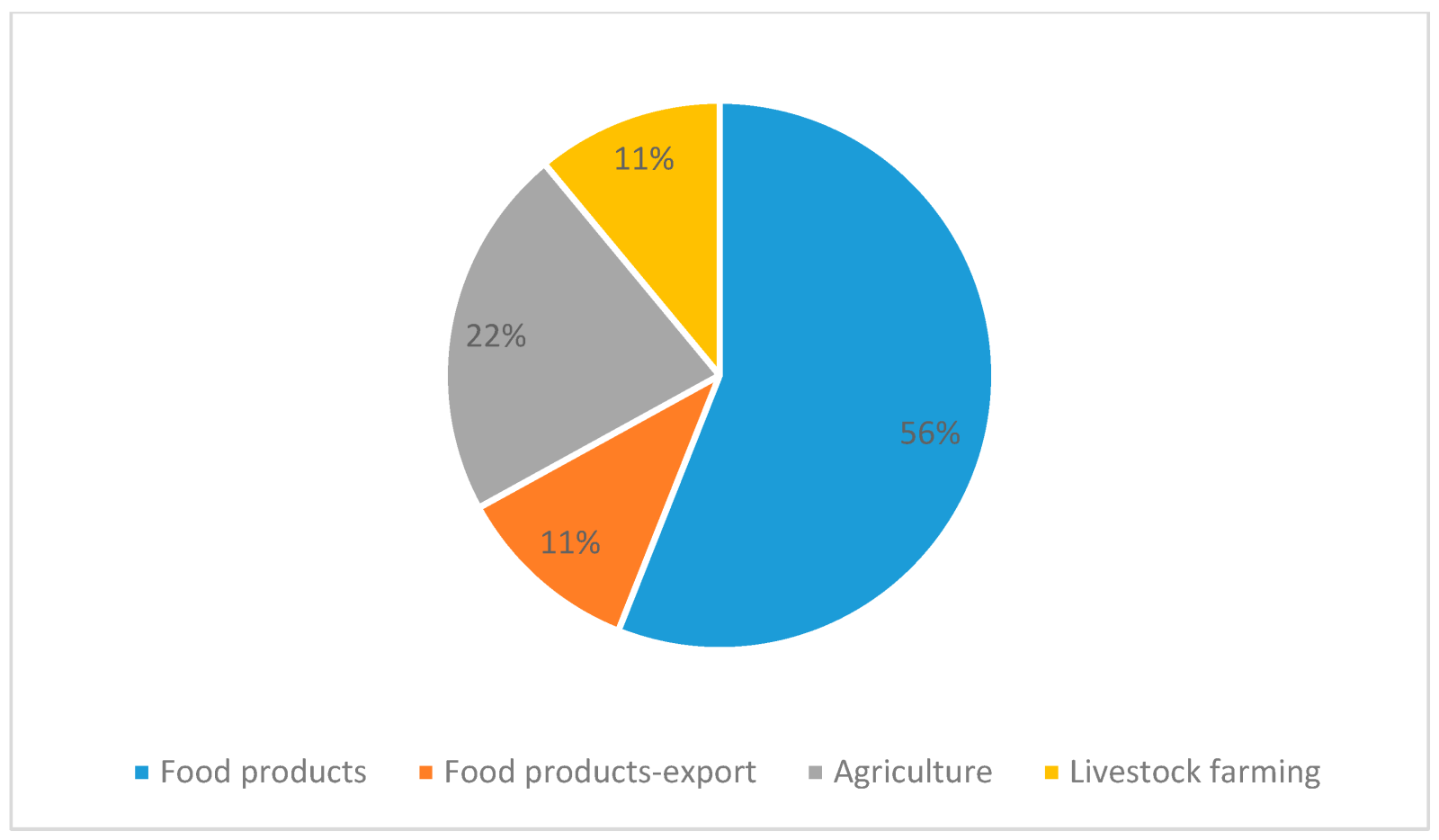November 03, 2023 | Sustainability | Source |
Introduction: The global necessity to address greenhouse gas (GHG) emissions from the agri-food sector while meeting the demand for quality food presents a critical challenge. Carbon Footprint (CF) assessment serves as a pivotal tool in identifying detrimental practices and opportunities for improvement. However, the limited availability of studies examining CF from a life cycle perspective hinders informed decision-making within the sector. By quantifying CFs, stakeholders can pinpoint key areas for intervention and potentially integrate additional revenue streams, such as participating in carbon markets or commanding premium prices for environmentally friendly products.
A research team from University of Catania in Italy reviews existing literature on the quantification of food CFs, methodologies employed, and insights offered for future studies to guide policy formulation and sectoral strategies. Utilizing the PRISMA methodology for systematic literature review, the study sourced data from Scopus and Web of Science databases.
Key findings: The review revealed the evolution of international CF standards from ISO/TS 14067 to ISO 14067, indicating progress within the field. However, the scope of products analyzed remains limited, and there's a lack of comparative studies across different standards. Additionally, consumer perceptions of low-carbon products and the economic implications for industry operators are largely overlooked. For the future, emphasis should be placed on expanding the range of agri-food products analyzed and identifying areas within the production cycle requiring optimization. This paves the way for exploring alternative income sources for carbon-neutral producers and understanding the value proposition for consumers seeking sustainable products.

Figure | Field of application.





